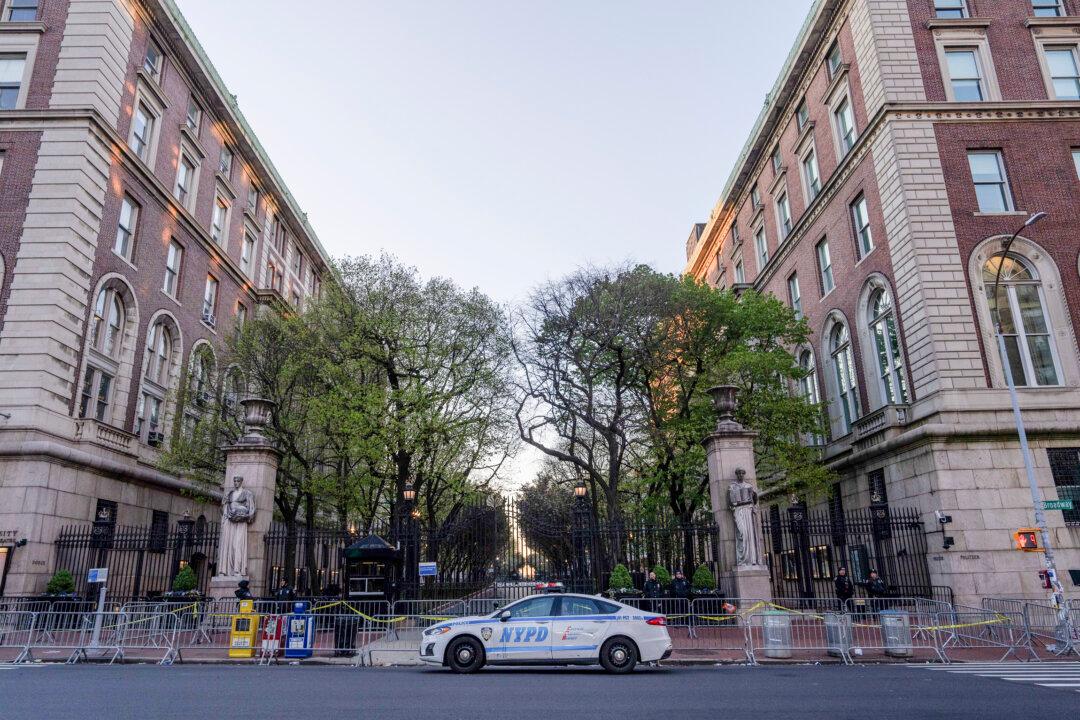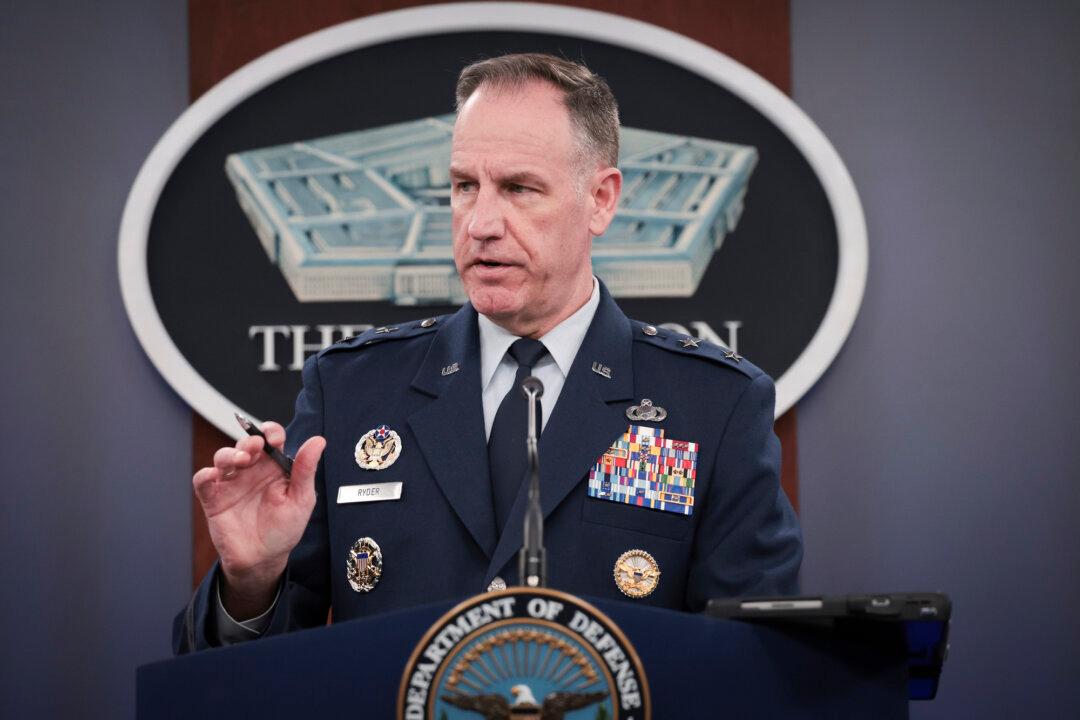The U.S. Department of Defense (DOD) revealed on Tuesday that a department policy to reimburse service members for leave time and travel expenses for abortion-related travel was used 12 times in a seven-month period last year after the policy went into effect.
The DOD announced last February that it would grant administrative absence time and provide a travel allowance for service members who have to travel from their duty post to another state to receive “non-covered reproductive health care” services.
Critics argued the DOD policy crossed a key political line by endorsing abortions and reimbursing costs for abortion-related travel and leave. Sen. Tommy Tuberville (R-Ala.) was one such critic who argued the DOD policy violates a federal law referred to as the “Hyde Amendment,” which bars the use of federal funds to pay for abortions.
Ms. Singh cautioned that the 12 times the DOD travel policy was invoked did not necessarily mean 12 separate individuals used the policy, meaning the same individual or individuals may have used the policy multiple times.
Ms. Singh also said the policy is not limited to abortion-related travel, and service members may invoke the DOD travel policy for other medical procedures like in vitro fertilization, ovarian stimulations, and egg retrieval—which she said may not be covered under their health insurance or may not be accessible in certain states. The Pentagon spokeswoman did not specify the types of “reproductive health care” for which the DOD travel policy was used.
Tuberville Led Senate Standoff Over Travel Policy
Mr. Tuberville had repeatedly urged the DOD not to adopt its travel policy before the February 2023 announcement and threatened to stall the process in the U.S. Senate for confirming military promotions and nominations if the policy went ahead.While the Alabama Republican argued that the use of federal funds to reimburse abortion-related travel and leave violates the Hyde Amendment, the DOD concluded that reimbursing abortion-related travel expenses and leave time is not the same as using federal funds directly for an abortion. The DOD further reasoned that any service member using DOD funds for abortion-related travel would still have to pay for the cost of the specific medical procedure through personal or other non-government means.
After the DOD proceeded with its travel policy, Mr. Tuberville followed through on his warning and suspended the Senate’s use of the unanimous consent process to confirm multiple nominees through a single en bloc vote.
Mr. Tuberville’s hold did not prevent the Senate from approving military promotions and nominees but required the Senate to use its cloture rules to approve nominees under a much slower process. Senate Democrats largely refused to process military nominees through this slower process, and amid this impasse, the list of military officers awaiting confirmation of their promotions and nominations for top duty assignments grew.
The Alabama Republican vowed to maintain his strict block against the use of the unanimous consent process until the DOD either retracted the contentious travel policy or Congress passed a law explicitly permitting the use of federal funds for abortion-related travel. Ultimately, Mr. Tuberville relaxed his holds over the military nominees.
NTD News reached out to Mr. Tuberville’s office for comment about the DOD’s disclosures about the contentious travel policy but did not receive a response by press time.







